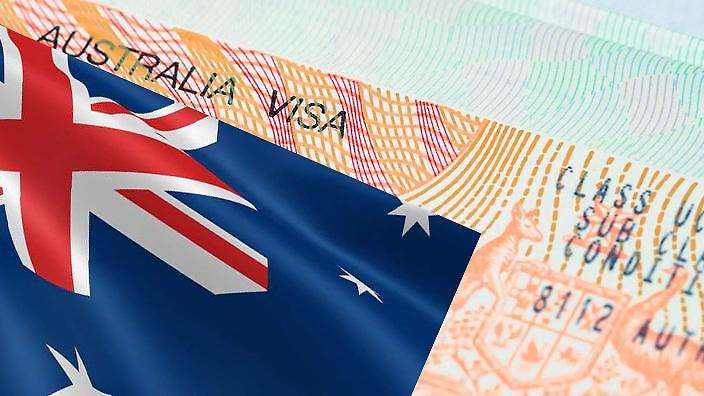
Licenses and Franchises are both business agreements in which certain brand aspects are shared in exchange for a fee. Generally, a franchising agreement relates to a business’s entire brand and operations whilst a licensing agreement only applies to registered trademarks.

While franchising and licensing have some similarities, they are two very different agreements that mean different things for both you and your brand. The decision to enter into a licence or a franchise agreement will be based on a number of factors but the key factor is generally the level of control you want to maintain over your business partners. If you want to expand but don’t want to take on the financial or operational responsibility of another business, a licence agreement may be the best strategy to pursue. As a franchisor, you have more control over the branding and operations of your franchisee, but you are also subject to more obligations under the Franchising Code of Conduct and could be penalised for any breaches.
What is a Licence Agreement?
A licence agreement is a contract in which the licensor gives the licensee permission to use something without transferring ownership of it to them. Licence agreements are most often used for intellectual property, such as the licensing of a brand, logo or trademark. Licence agreements are often considered a cheaper alternative to a franchise agreement because there are fewer upfront costs and less ongoing fees during the business relationship for the licensor. Licensees generally determine their own marketing strategies and systems for operating their businesses.
What is a Franchise Agreement?
A franchise agreement is also a type of contract, but it differs from a licence agreement by giving the franchisor more control over how the franchisee uses the franchisor’s property. Franchise agreements generally contain specific guidelines on how a franchisee must run its business. Establishing a franchise system can be more expensive than entering into licence agreements, but franchise agreements give you greater control over how the franchisee operates. This allows you to roll out a common marketing plan across all franchises, monitor franchisee performance and dictate the exact methods the franchisee must adopt, including uniforms, location and shop fit out.
What is the Franchising Code of Conduct?
The Franchising Code of Conduct is a mandatory code that governs the way that franchisors and franchisees conduct business with one another. The Code includes regulations for acting in good faith, proper disclosure of information, mechanisms for dispute resolution and procedures for ending a franchise agreement. Even if your contract with the franchisee is different from the Code, as a franchisor, you are still legally obliged to comply with the Code. If you breach the Code, the franchisee may seek damages, or you may be hit with financial penalties from the Courts.
To find out more on which arrangement is more suited for your needs – contact one of our friendly and experienced lawyers to discuss your situation.
Need help?
Recent articles


Animal Cruelty

Bail Applications

What to do when the police arrest you?

Traffic Offences – Drink Driving

End of COVID-19 Rental Moratorium

Statutory Demand

Tobacco Smuggling

Property Laundering and Dealing with Proceeds of Crime

Common Assault

Family Law – Loans and Property

DEBT AFTER DEATH

Property Settlement After A Separation or Divorce

Family Violence Restraining Order (FVRO)

How to recover a debt that is more than $10,000?

WA Commercial Tenancies Code of Conduct

Debt Collection (1) – How to collect your debt?

COVID-19 pandemic and its impact on Corporations Law

COVID-19 Pandemic’s impact on Commercial Landlords and Tenants

Western Australia Border Lockdown

Covid-19 (Coronavirus) and its impact on Businesses and Tenants

THREE WORKERS’ COMPENSATION CLAIM OUTCOMES THAT YOU NEED TO KNOW

Understanding Your Workers’ Compensation Claims Process

All You Need to Know About Workers’ Death Compensation

5 Step Guide to Workers’ Compensation

Probate and Letters of Administration

Parenting or Children’s Issues

Separation, Divorce, and Children’s Wishes

Did You Know That You Can be Fined for Eating While Driving?

Workers’ Compensation

Buying a Business – Lease Documentation Review and Settlement

Buying a Business – Contract Review and Business Evaluation

What is Domestic & Family Violence (3)

What is Domestic & Family Violence (2)

What is Domestic & Family Violence? (1)

Separation, Divorce, and the Division of Property

SEPARATION CHECKLIST: TOP 12 PRACTICAL THINGS TO CONSIDER

Loans to Children

